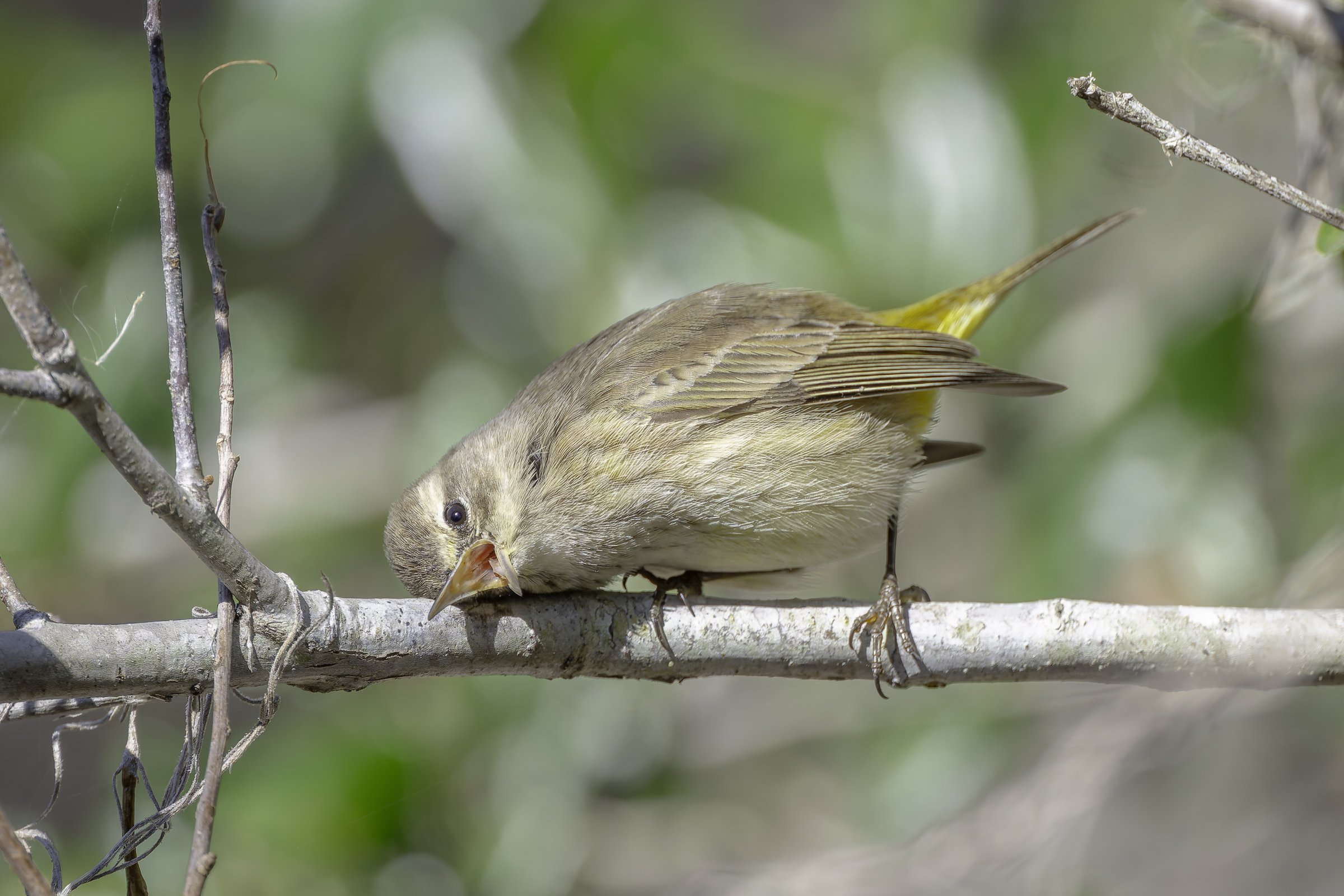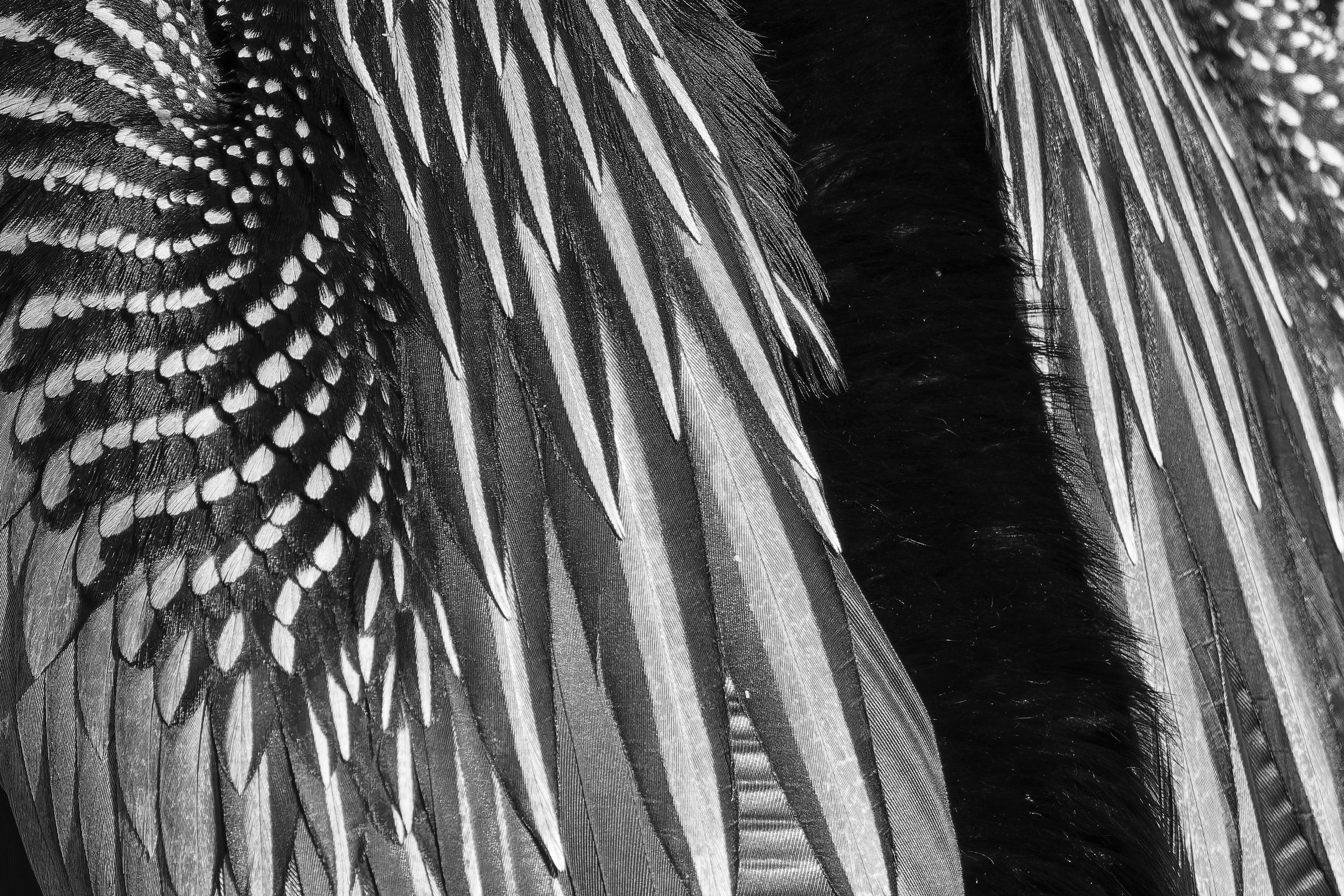Trip Report for Circle B Bar Reserve
It’s been quite some time since I have visited Circle B Bar Reserve in Lakeland, so I was really excited to go there this Saturday. I arrived late at about 9 am. It was chilly with temperatures in the mid-40’s F and the sun already high overhead. For a Saturday, there were not that many people there, probably avoiding the cool temperatures.
This was also my first visit since the hurricanes from this past summer, so I was curious how the park looked. The main trail (Heron Hideout) and the marsh around it looked fairly the same with a few tracks in the marsh left by trucks clearing debris. Alligator Alley was closed. I walked down Marsh Rabbit Run and it was obvious that the trail had been significantly widened, which is a good thing (the narrow trail made me nervous about the alligators). Otherwise it looked pretty much the same. I also walked around the nature center where trees were still down. Total trip was 2.49 miles and 2 hrs, 17 mins.
My target bird for this trip was a Painted Bunting, but from past experience I knew that the chances of coming across one was pretty slim. I didn’t see any. I did count 22 species of other birds though.
12 Black Bellied Whistling Duck
8 Common Gallinule
4 Sandhill Crane
2 Pied-billed Grebe
1 Wood Stork
6 Anhinga
500+ White Ibis
4 Glossy Ibis
3 Roseate Spoonbill
1 Little Blue Heron
2 Tricolored Heron
6 Great Egret
15 Great Blue Heron
18 Turkey Vulture
1 Northern Harrier
1 Bald Eagle
1 Belted Kingfisher
1 Red-bellied Woodpecker
2 Blue-Gray Gnatcatcher
1 Common Yellowthroat
22 Palm Warbler
8 Yellow-rumped Warbler
Palm Warbler. I think this Palm Warbler was scratching its face on the perch, or just being goofy. I don’t know. Nikon Z8 with monopod-mounted Nikkor Z 800mm F/6.3 VR S lens at f/6.3, 1/1250 sec, ISO 500.
White Ibis. One of the estimated 500+ White Ibis. They were in a large flock near the end of Marsh Rabbit Run. Mixed in the flock were three Roseate Spoonbills, but they were deep in the marsh. Nikon Z8 with monopod-mounted Nikkor Z 800mm F/6.3 VR S lens at f/6.3, 1/2000 sec, ISO 450.
An Anhinga was perched on a branch rather close to the trail and I thought it was just beautiful. It was too close to capture in a single shot with my 800mm lens, so I did a 3-shot pano by taking one image of the head, the second shot of the body, and a third shot of the tail. I merged them in Photoshop and it came out OK. I took vertical images, and in retrospect, I should have taken the images in landscape orientation to give more room on either side of the bird.
What drew me to photograph the bird was it’s beautiful feathers, so I took a crop of the second image of the back of the bird’s back and made a B&W detail shot.
Anhinga. 3-shot pano of an Anhinga perched on a branch. Nikon Z8 with monopod-mounted Nikkor Z 800mm F/6.3 VR S lens at f/6.3, 1/1250 sec, ISO 400.
Anhinga. B&W detail of the bird’s feathers. Nikon Z8 with monopod-mounted Nikkor Z 800mm F/6.3 VR S lens at f/6.3, 1/1250 sec, ISO 500.
Quite frankly, I arrived too late on this trip to take good photos, so it was more of a reconnoissance trip to check on the status of the park. I already look forward to my next visit.
Happy birding!
Little Blue Heron. Nikon Z8 with monopod-mounted Nikkor Z 800mm F/6.3 VR S lens at f/6.3, 1/1250 sec, ISO 500.





